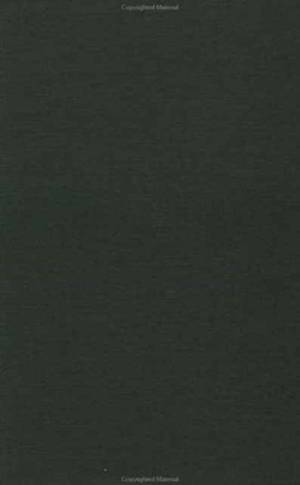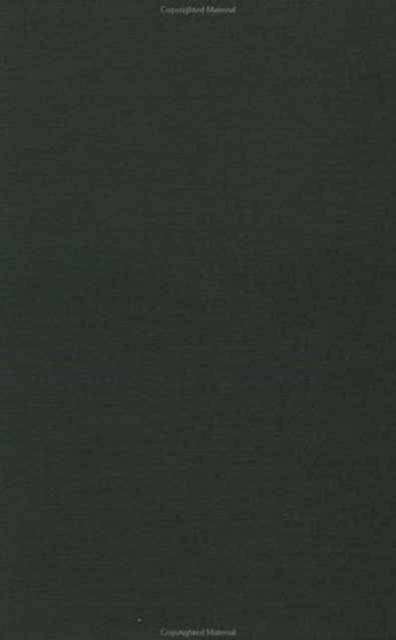
- Retrait gratuit dans votre magasin Club
- 7.000.000 titres dans notre catalogue
- Payer en toute sécurité
- Toujours un magasin près de chez vous
- Retrait gratuit dans votre magasin Club
- 7.000.0000 titres dans notre catalogue
- Payer en toute sécurité
- Toujours un magasin près de chez vous
Logical Empiricism at Its Peak
Schlick, Carnap, and Neurath
Maria Neurath, Moritz Schlick, Rudolf Carnap
155,45 €
+ 310 points
Description
A new direction in philosophy Between 1920 and 1940 logical empiricism reset the direction of philosophy of science and much of the rest of Anglo-American philosophy. It began as a relatively organized movement centered on the Vienna Circle, and like-minded philosophers elsewhere, especially in Berlin. As Europe drifted into the Nazi era, several important figures, especially Carnap and Neurath, also found common ground in their liberal politics and radical social agenda. Together, the logical empiricists set out to reform traditional philosophy with a new set of doctrines more firmly grounded in logic and science. Criticism and decline Because of Nazi persecution, most of the European adherents of logical empiricism moved to the United States in the late 1930s. During the 1940s, many of their most cherished tenets became targets of criticism from outsiders as well as from within their own ranks. Philosophers of science in the late 1950s and 1960s rejected logical empiricism and, starting in the 1970s, presented such alternative programs such as scientific realism with evolutionary epistemology. A resurgence of interest During the early 1980s, philosophers and historians of philosophy began to study logical empiricism as an important movement. Unlike their predecessors in the 1960s-for whom the debate over logical empiricism now seems to have been largely motivated by professional politics-these philosopher no longer have to take positions for or against logical empiricism. The result has been a more balanced view of that movement, its achievements, its failures, and its influence. Hard-to-find core writings now available This collection makes available a selection of the most influential and representative writings of the logical empiricists, important contemporary criticisms of their doctrines, their responses, as well as the recent reappraisals. Introductions to each volume examine the articles in historical context and provide important background information that is vital to a full understanding of the issues discussed. They outline prevalent trends, identifying leading figures and summarize their positions and reasoning, as well as those of opposing thinkers.
Spécifications
Parties prenantes
- Auteur(s) :
- Editeur:
Contenu
- Nombre de pages :
- 424
- Langue:
- Anglais
- Collection :
- Tome:
- n° 2
Caractéristiques
- EAN:
- 9780815322634
- Date de parution :
- 01-02-96
- Format:
- Livre relié
- Format numérique:
- Genaaid
- Dimensions :
- 161 mm x 235 mm
- Poids :
- 793 g

Les avis
Nous publions uniquement les avis qui respectent les conditions requises. Consultez nos conditions pour les avis.






